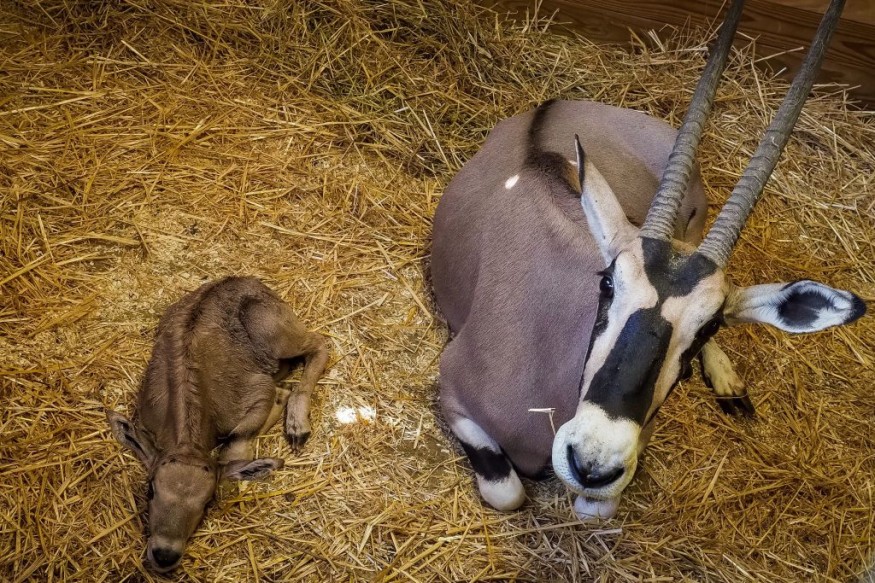A report raised concerns about the impacts of commercial poaching and inadequate law enforcement to protect the antelope population in South Sudan. Antelopes are known for their large migration in the region.
Antelopes, recognized by their distinctive horns, are considered one of the unique species in South Sudan. These animals can run with ease because of their agility and speed, reaching up to 50 miles per hour.
In addition to their remarkable speed, antelopes are crucial for ecosystems and the environment. They help balance vegetation using their grazing habitats and provide a significant food source for other predators in the animal kingdom.
These species are primarily found in different habitats, including the following:
- Grassland
- Deserts
- Savannas
While they contribute to the animal kingdom, antelopes are threatened by commercial poaching in South Sudan, and the situation has worsened due to a lack of stringent law enforcement.
Other threats to their population include habitat loss, climate change, and game hunting.
Antelopes Threatened By Commercial Poaching

In a report published on June 26, South Sudan is a significant habitat for about six million antelopes, considered the world's largest population. Amazingly, these species have managed to surpass other migratory herds. Antelopes can migrate from Badingilo and Boma parks near Ethiopia. This massive migration is similar to the size of the state of Georgia in the United States. This migration is a unique fact about antelopes that move to different areas in massive numbers. According to the report, the species included are the following:
- white-eared kob
- tiang
- Mongalla gazelle
- bohor reedbuck
While they hold ecological importance and the population is not on the brink of extinction, experts raised concerns about the pressing threats to the antelope population, such as commercial poaching. Alarmingly, over 30,000 animals were killed each month between March and May in 2024. This number illustrates the increasing problem of commercial poaching amidst climate change effects.
Challenging Role To Protect South Sudan's Animals
South Sudan is home to various unique animal species, with six national parks and game reserves. Additionally, the government allows less than 1% of the country's budget to the wildlife ministry. However, more than this budget is needed to conserve and protect animals in South Sudan, threatened by widespread commercial poaching and habitat loss.
In addition to a lack of budget, the country's new roads have allowed for potential increased poaching activities in the region. While the government aims to protect its unique animals, the terrain is also challenging.
Considering these realities, there is an urgent need to invest in national land management and wildlife protection to ensure these species are not threatened and to avoid biodiversity loss.
Read also: Solitary Animals: 6 Species That Prefer to Stay Alone in Wildlife from Platypus to Snow Leopard
For more similar stories, don't forget to follow Nature World News.
© 2025 NatureWorldNews.com All rights reserved. Do not reproduce without permission.





